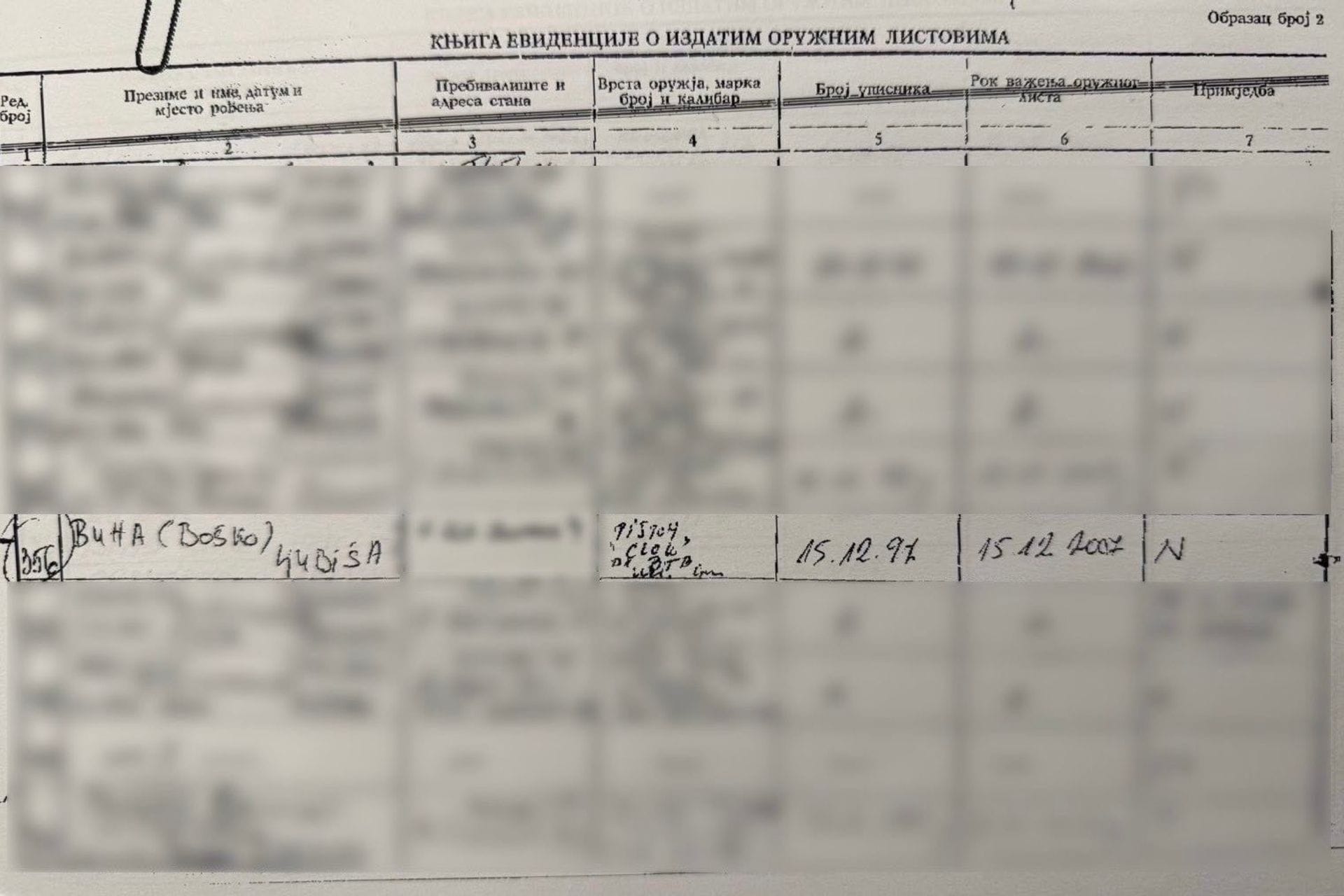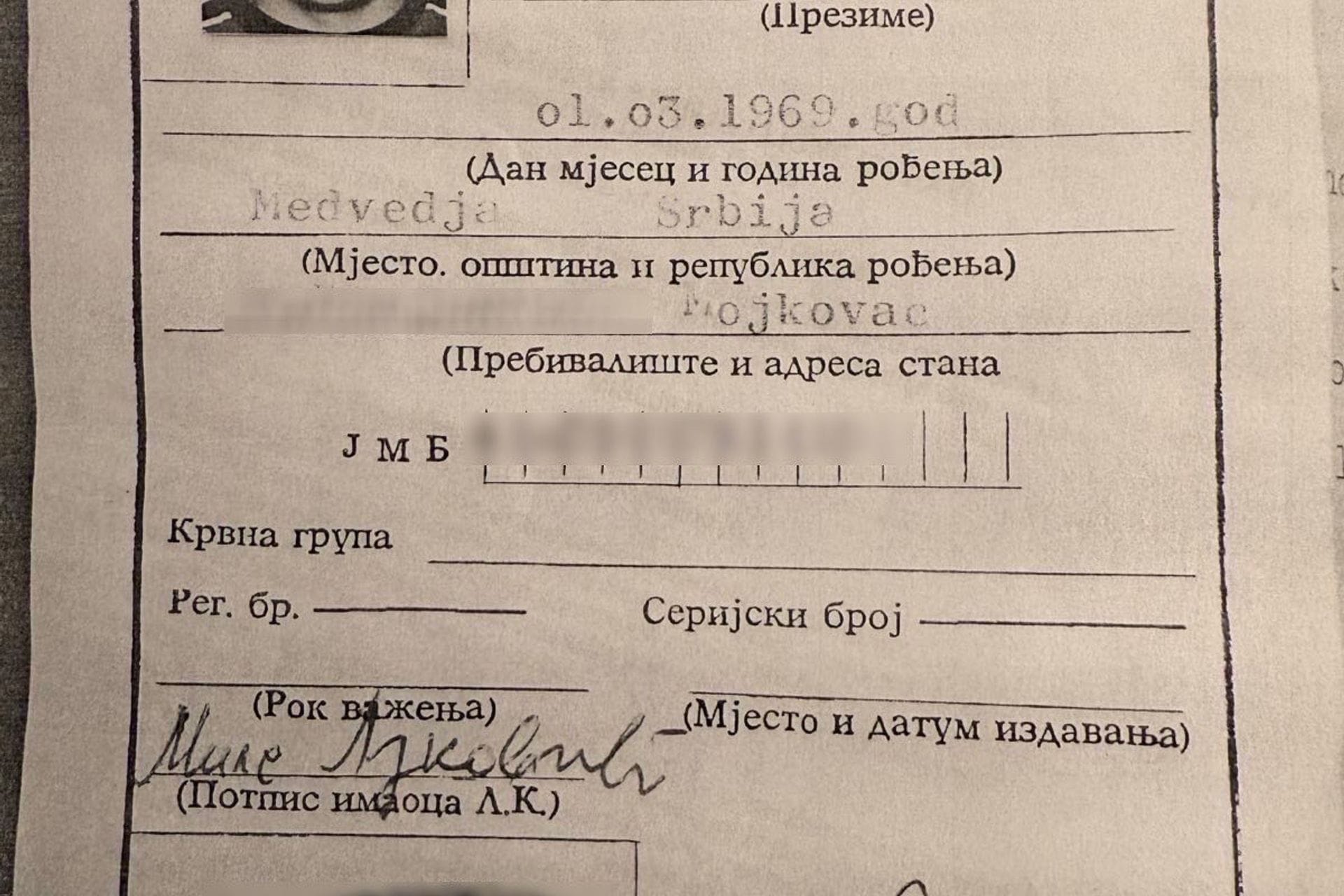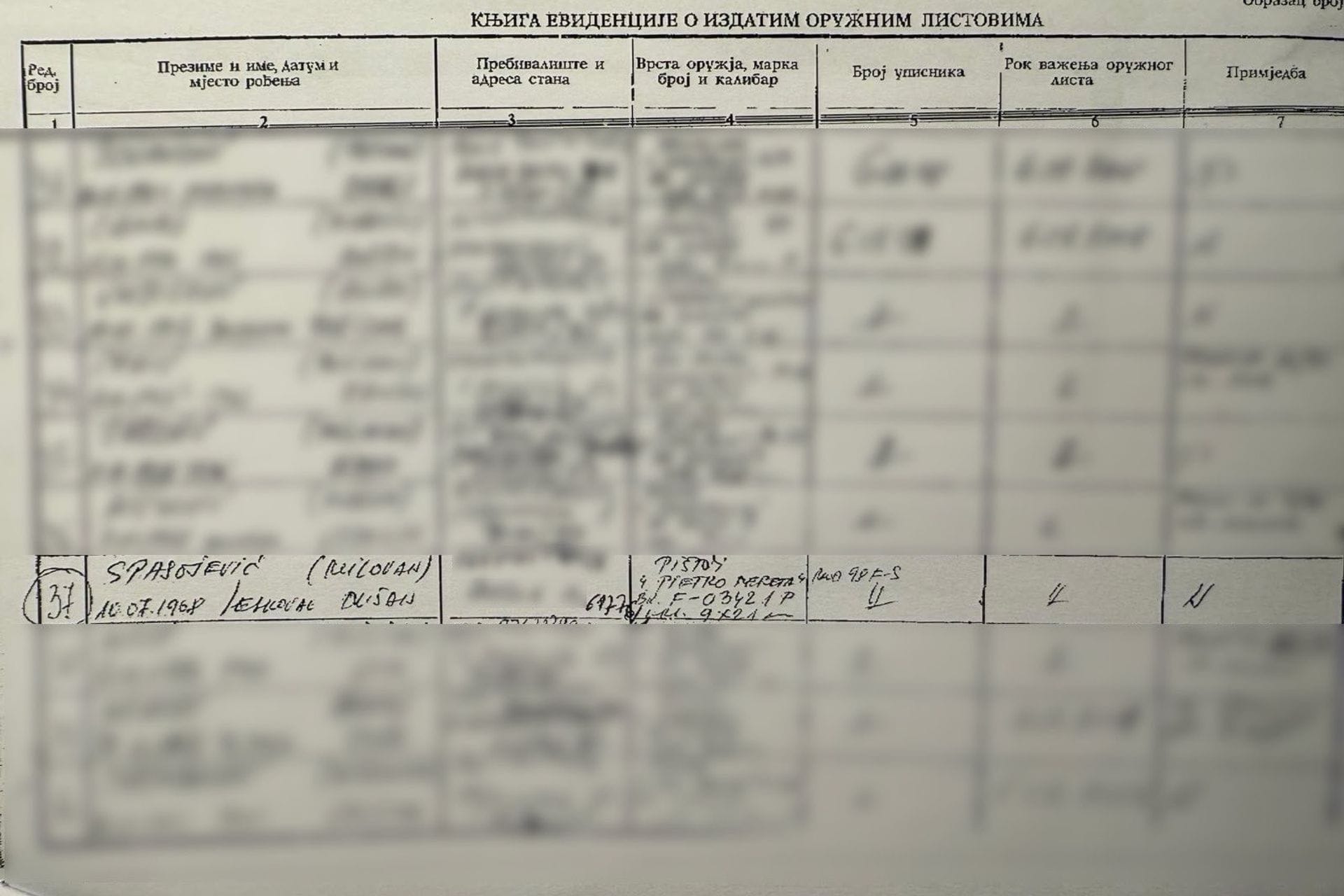Unwavering Support for the Director and Police Directorate Team in the Battle Against Organized Crime
I wholeheartedly support the Director of the Police Directorate, Lazar Šćepanović, and his team for their resolute, professional, and brave efforts in combating organized crime and addressing the heavy legacy of the past—one that is still marred by ongoing hybrid attempts to undermine the process, driven by a fear of justice and the persistent cleansing of institutions from unlawful influence.
Security challenges, arising from the strategic alignment of high-risk criminal groups towards mutual confrontations, remain a constant concern and have been repeatedly emphasized. Moreover, ineffective judicial proceedings, procedural abuses, and various systemic shortcomings have often led to periodic escalations in security incidents. The core issue, however, lies in the entrenched legacy of the past. These drug cartels were established and gained substantial financial power during the era of the previous regime, when segments of the state apparatus effectively became their strongholds. Over time, they transformed into transnational threats, even to much larger and more powerful states than Montenegro, as evidenced by assassinations occurring in some of the world’s most developed countries—including the recent murder in the heart of Barcelona just days ago. In short, crime ignores borders, religions, and nations. What has been built and reinforced over decades cannot be dismantled overnight. However, the frequency of operations conducted, arrests made, and indictments filed—many involving individuals previously seen as untouchable—along with the current vetting process clearly signal that no one is above the law. Justice will prevail, and the state will not serve the mafia’s interests ever again.
It is truly shocking to witness the level of hypocrisy displayed by those who now attempt to leverage every tragedy or criminal incident for cheap political gain—despite the fact that the cartels in question were created, empowered, and essentially ruled under their regime. Numerous prosecutorial and judicial processes confirm this, alongside damning statistics: over 700 murders, nearly 100 of which occurred within a single recent mandate—half of these being mafia-style executions, often taking innocent lives as well. We are now subjected to lectures from those who, apparently for them, the existing criminal base operating within Montenegro was not “sufficiently large”—to the extent that they lifted entry bans for regional criminals like Belivuk and Miljković, claiming they were friends of our country, while competent authorities stated these individuals were committing the most horrific crimes. Furthermore, others whose time in power was marked by unprecedented scandals in the security sector—individuals whose every claim and critique against this Government has proven unfounded, revealing a level of personal frustration that is truly unparalleled.
The true nature of the system we once endured—and the role played by the security sector—is starkly illustrated by the alarming fact that national ID cards and firearm licenses were issued by the Montenegrin state to leaders of the “Zemun” and “Surčin” clans. For instance:
Dušan Spasojević was registered as a resident in Podgorica and was issued a Montenegrin ID card in late January 1998, followed shortly thereafter by firearms license no. 00037 for a Pietro Beretta pistol.
Ljubiša Buha was also registered in Podgorica and received both an ID and firearms license no. 356 in December 1997.
Mile Luković registered his residence in Mojkovac in 1997 and was likewise issued a Montenegrin ID card.
Attached are photographs that serve as a reminder of a period that must never be repeated. Not only were firearms licenses granted to figures from the criminal underworld, but—as judicial proceedings confirm—many were also placed in key positions within the security sector. Today, several high-ranking officials from the former regime face convictions or indictments for serious criminal offenses.





